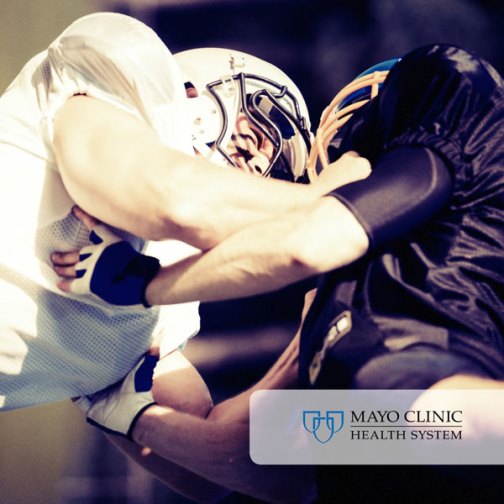Recent Posts
Speaking of Health
What is a concussion?
Topics in this Post
A concussion is a traumatic brain injury that alters the way your brain functions. Although concussions usually are caused by a blow to the head, even a "ding," "getting your bell rung," or what seems to be a mild bump or blow to the head can be serious. As many as 3.8 million sports- and recreation-related concussions occur in the U.S. each year.
Signs and symptoms of concussion include:
- Headache or a feeling of pressure in the head
- Temporary loss of consciousness
- Confusion or feeling as if in a fog
- Amnesia surrounding the traumatic event
- Dizziness or "seeing stars"
- Ringing in the ears
- Nausea or vomiting
- Slurred speech
Some symptoms of concussions may be immediate or delayed in onset by hours or days after injury:
- Concentration and memory complaints
- Irritability and other personality changes
- Sensitivity to light and noise
- Sleep disturbances
- Psychological adjustment problems and depression
- Disorders of taste and smell
Danger signs for parents
Be alert for symptoms that worsen over time.
Your child or teen should be seen in an Emergency Department right away if they have:
- One pupil (the black part in the middle of the eye) larger than the other
- Difficult to arouse
- Severe headache or worsening headache
- Weakness, numbness, or decreased coordination
- Repeated vomiting or nausea
- Slurred speech
- Convulsions or seizures
- Difficulty recognizing people or places
- Increasing confusion, restlessness, or agitation
- Unusual behavior
- Loss of consciousness (even a brief loss of consciousness should be taken seriously).
Topics in this Post




